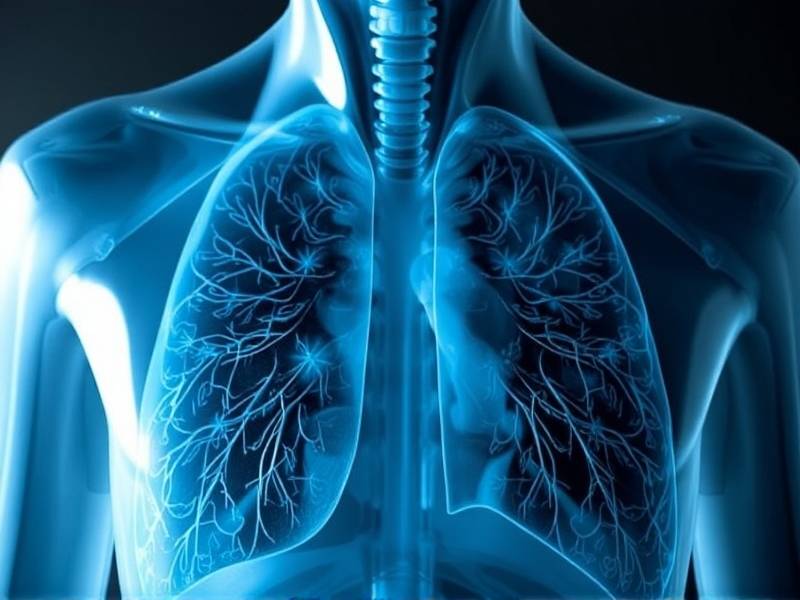Can Quitting Smoking Really Help You Recover from Lung Cancer?
Can Quitting Smoking Really Help You Recover from Lung Cancer?
Introduction: Lung cancer is a devastating disease that affects millions of people worldwide. While there is no guaranteed cure, quitting smoking is often considered a critical step towards recovery. But can quitting smoking really help you recover from lung cancer? Let's delve into the evidence and explore the potential benefits.
I. The Link Between Smoking and Lung Cancer Smoking is the leading cause of lung cancer, accounting for approximately 85% of all cases. The harmful chemicals in tobacco smoke damage the cells in your lungs, leading to uncontrolled cell growth and cancer.

II. The Benefits of Quitting Smoking Quitting smoking can have numerous benefits for individuals with lung cancer, both physically and mentally:

A. Slowing Cancer Progression Research suggests that quitting smoking can slow down the progression of lung cancer by reducing the number of harmful chemicals entering your body. This can potentially improve survival rates and quality of life.
B. Reducing Side Effects Smokers with lung cancer often experience severe side effects, such as shortness of breath, coughing, and chest pain. Quitting smoking can help alleviate these symptoms, making recovery more comfortable.
C. Improving Treatment Outcomes Many lung cancer treatments are less effective in smokers due to the damage caused by tobacco smoke. By quitting smoking, you may enhance the effectiveness of your treatment plan and increase your chances of recovery.
III. Overcoming Challenges in Quitting Smoking Quitting smoking can be challenging for individuals with lung cancer due to various factors:
A. Increased Risk of Relapse The stress and anxiety associated with lung cancer can make it difficult to quit smoking, increasing the risk of relapse.
B. Physical Withdrawal Symptoms Withdrawal symptoms like cravings, irritability, and headaches can be intense for those trying to quit smoking during their cancer treatment.
C. Support System Having a strong support system is crucial for successfully quitting smoking during this challenging time.
IV. Alternative Strategies for Quitting Smoking If traditional methods fail, consider alternative strategies such as:
A. Nicotine Replacement Therapy (NRT) NRT products like gum, patches, lozenges, or inhalers can help alleviate withdrawal symptoms by providing controlled nicotine doses.
B. Behavioral Therapies Behavioral therapies like cognitive-behavioral therapy (CBT) or motivational interviewing (MI) can assist individuals in developing strategies to overcome cravings and stay smoke-free.
V. Conclusion: The Importance of Quitting Smoking for Lung Cancer Recovery
In conclusion, quitting smoking can significantly improve your chances of recovery from lung cancer by slowing disease progression, reducing side effects, and improving treatment outcomes. While overcoming challenges may seem daunting, exploring alternative strategies and seeking support from loved ones or healthcare professionals can make it more manageable.
Remember that every individual's experience is unique; therefore, it's essential to consult with your healthcare provider to create a personalized quit-smoking plan tailored to your needs.
By taking this crucial step towards a smoke-free life, you're not only enhancing your chances of recovery but also setting an example for others who may be struggling with their own battle against lung cancer or other tobacco-related diseases.
